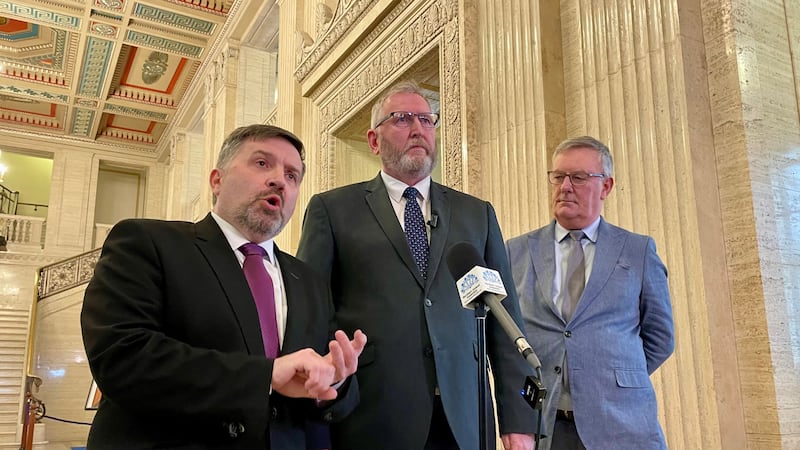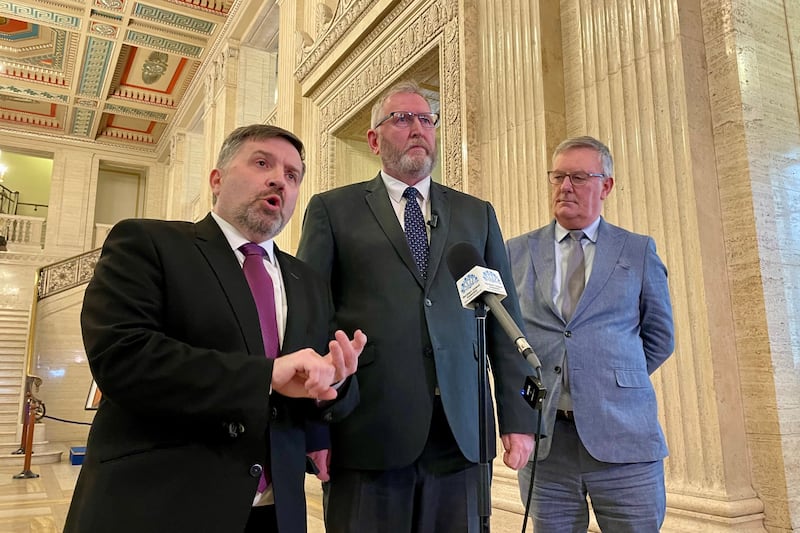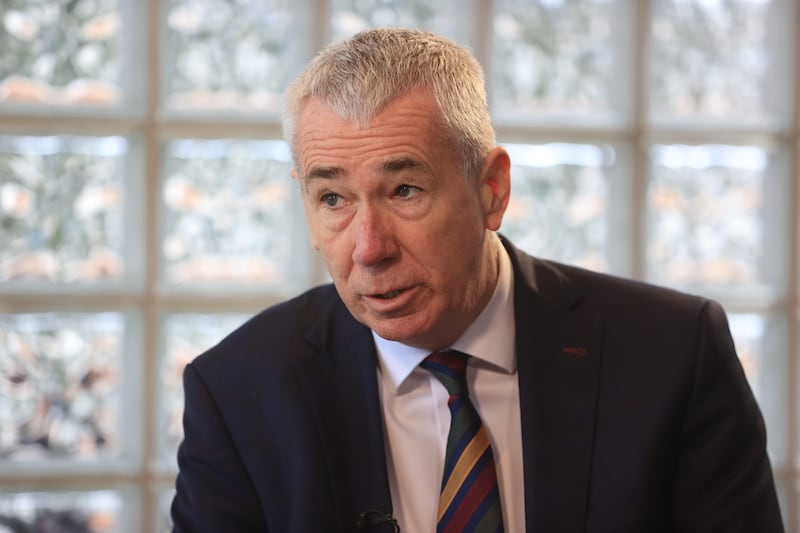Boris Johnson has made a raft of pledges on his way to Number 10, from tax cuts for the wealthy to requiring immigrants to learn English.
His big promise, of course, is that he will take the UK out of the EU by October 31, with or without a deal, thereby saving the Conservatives from annihilation at the hands of Nigel Farage's Brexit Party.
At least, that's the theory as terrified Tories fearing for their seats and arch Brexiteers who are prepared to leave with a no deal regardless of the disastrous consequences, line up to support Mr Johnson as their likely saviour.
For his part, Mr Johnson is saying pretty much what the Tory faithful want to hear and as well as the key concerns of tax, immigration and Brexit, he has also tapped into discontent over the treatment of former soldiers who served in Northern Ireland.
Yesterday the former foreign secretary pledged to end 'unfair' prosecutions of veterans and also appoint a minister for veterans if he becomes prime minister.
This is an emotive issue for Tories, many of whom plainly feel there should be no criminal prosecutions of former members of the military.
This point of view completely ignores the sensitivities that surround this subject, something that Karen Bradley found out earlier this year when she caused outrage after saying that killings by the military and police during the Troubles 'were not crimes'.
She was forced to apologise for her remarks and also faced calls to resign. But this episode showed a certain mindset that fails to recognise that some soldiers have been convicted of murder through the courts and the families of victims in a number of controversial cases are entitled to demand justice for their loved ones.
Any attempt to introduce an amnesty solely for veterans is also fraught with difficulties as it is accepted that any such measure would have to be extended to paramilitaries.
A recent NIO consultation on legacy, which received 17,000 responses, showed a clear majority against any amnesty or statute of limitations while there was a strong view that any new mechanisms on dealing with the past 'must not be in favour of any particular group.'
Any prime minister should uphold the principle of equality under the law.







